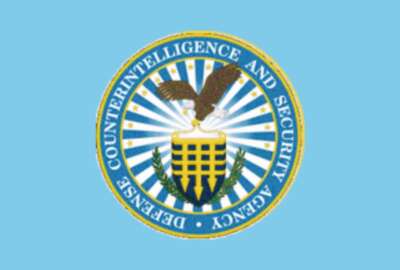Reexamining the proposed budget
Phil Joyce, Professor of Public Policy and Public Administration at George Washington University, tells FederalNewsRadio that most striking aspect of the budget...
wfedstaff | June 2, 2015 7:30 pm
By Brian Drew
Internet Editor,
FederalNewsRadio
President Barack Obama has made promises to cut the deficit, reduce defense spending and turn the page in his federal budget process.
Phil Joyce, Professor of Public Policy and Public Administration at George Washington University, tells FederalNewsRadio that the most striking aspect of the budget is not only the size of the budget, but the size of the deficit.
The projected deficit for 2009 is $1.75 trillion, while the deficit for 2008 was $455 billion. However, Joyce says a lot of that increase has to do with the stimulus package.
“You tell me what the economy is going to do,” says Joyce, “and I’ll tell you whether the deficit goals can be achieved or not.”
Joyce says that president’s goal of reducing the budget to $533 billion by the end of his first term all depends on how quickly the economy grows.
“The assumption is that we’ll return to real GDP growth that is somewhat normal, which is about 4 percent per year,” says Joyce. “If that was only 3 percent per year that would make if substantially more difficult to achieve the goals.”
Joyce adds that he believes the deficit goals are possible, but become a lot less likely if the economy doesn’t grow at a normal rate.
Joyce says that the proposed budget also gives a more accurate picture of what is being spent.
“In the Bush administration, there was a tendency to leave big costs, like the costs of the wars in Iraq or Afghanistan out of the budget, and pretty much what President Obama has included in the budget is the sum of everything that I think we face.”
Joyce also says that there is a bigger push to spend more domestically.
“Defense would grow much more slowly in the Bush administration, and domestic programs would grow much more quickly.”
Joyce says that the president has a series of proposals that would put aside money for health care reform, but about half of that money would come from increased taxes on the wealthy and by eliminating programs that the president considers wasteful.
Health care reform may be easier to do than actually paying for health care reform. I think a very real question is whether the things that are in the budget that actually involve reducing programs or cutting spending are going to happen. He has a whole list of programs that he calls wasteful in the budget, but everything that the president calls wasteful has some constituency in the congress, and calling it wasteful will not make it go away.
Joyce says that because the president is trying to eliminate some spending that he will may face a great battle when the full details of his budget proposal are released.
“I think that Congress is more likely to oppose President Obama on the details, than perhaps on the big picture.”
—————-
On the Web:
FederalNewsRadio – Budget would cap pay raises for feds
OMB – The President’s Budget
(Copyright 2009 by FederalNewsRadio.com. All Rights Reserved.)
Copyright © 2024 Federal News Network. All rights reserved. This website is not intended for users located within the European Economic Area.





